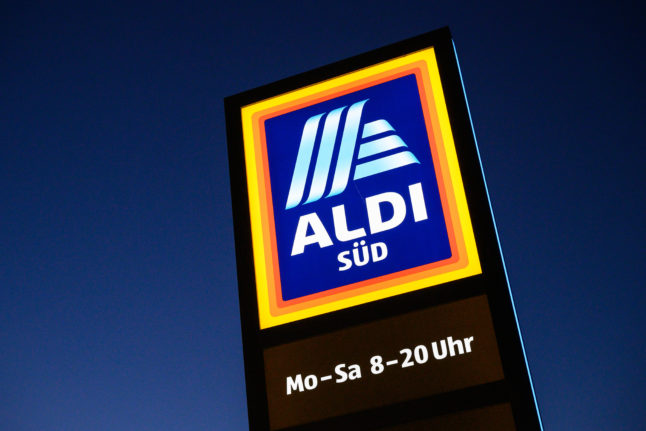Aldi Süd wants to expand a pilot project for employees into its own food delivery service.
Starting Tuesday, the popular discounter wants to deliver goods to residents in the western German cities of Mülheim an der Ruhr, Duisburg and Oberhausen under the name “Mein Aldi” – the region where Aldi Süd employees can already have groceries delivered to their homes, according to the Handelsblatt.
The deliveries will not come from the stores themselves but rather from a special warehouse, dubbed a Dark Store. Electric vehicles will deliver goods, which customers can select from a range of around 1,300 products on the website or via an app.
The first results from the test with employees were so promising that the discounter’s management wanted to expand the project, reported Handelsblatt.
Aldi’s delivery concept is similar to that of the Dutch start-up Picnic, where cars follow fixed routes within a delivery area in accordance with a “milkman principal”.
This has the disadvantage for customers that they can’t select their delivery window as with other German supermarket delivery services such as that from Rewe.
On the other hand, it means Aldi can deliver their goods at low cost.
According to the Handelsblatt, Aldi Süd is also planning to test “Click & Collect” where customers order their groceries online and pick them up themselves in the store.
READ ALSO: ‘The customer is ready’: German supermarket chain Aldi to phase out battery farm meat
Will the project be rolled out nationwide?
Aldi Süd said, however, that a nationwide implementation is not planned at the moment. “Not every one of these projects makes it beyond the test phase,” a spokeswoman told Handelsblatt.
Kaufland, a sister store to fellow discount supermarket chain Lidl, already operated a delivery service in Berlin a few years ago but discontinued it after a short time.
It is difficult for discounters to earn money with delivery services because the margins on many items are very low. But the logistics costs are always the same, no matter how much the delivered item costs.
READ ALSO: Your guide to German supermarkets




 Please whitelist us to continue reading.
Please whitelist us to continue reading.
Member comments